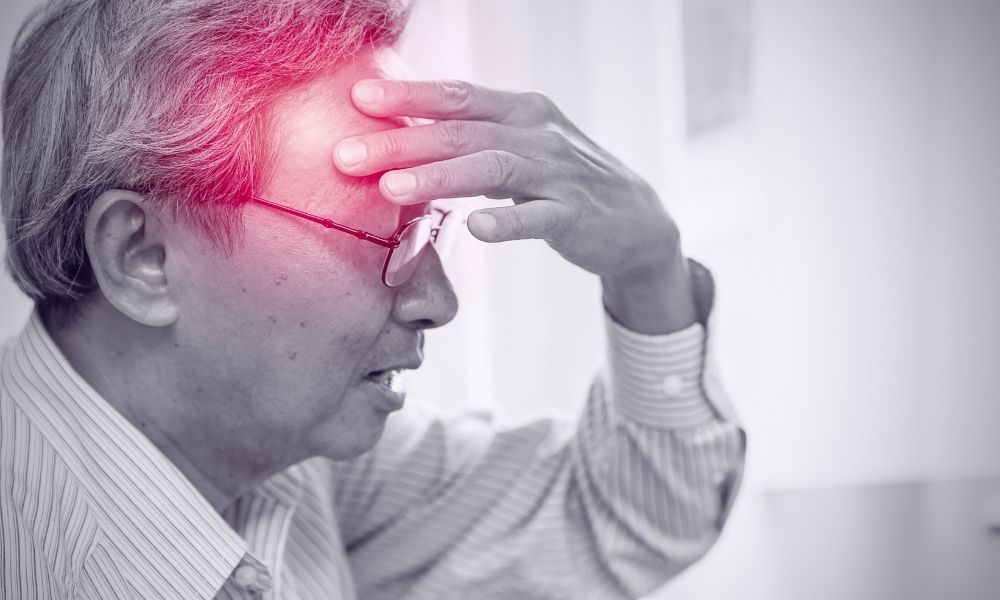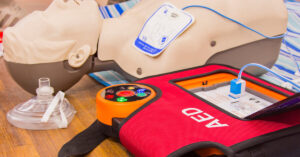If you witnessed the symptoms of a stroke, would you recognize them and be able to react F.A.S.T. enough to save the victim’s life? Strokes tend to be quite recognizable, but the initial and understandable confusion of someone unfamiliar with its signs could cause a serious delay. Memorize these tips for recognizing the early signs of a stroke and be ready for the worst by acting swiftly and confidently. Keep in mind that at the first sign of any of these symptoms, call 911, and be prepared to tell the emergency responders everything that happened before and after the individual appeared ill.
Face Drooping
One of the most distinctive symptoms of a stroke is face drooping, and it’s exactly what it sounds like. One side of the afflicted person’s face will slide and droop. This happens because nerves in the brain controlling the face’s muscles have been damaged. The damage happens because the brain cells have lost oxygen or are experiencing excess pressure from a bleeding artery or blocked blood vessel. Try to smile or ask the person to smile. If they can’t and their usually bright smile looks off-kilter, it could be a stroke.
Arm Weakness
One or both of the person’s arms or shoulders may become severely weakened, or they may even be unable to lift them. Again, this is because damaged brain cells have prevented the proper transmission of signals to the arms, leaving the sufferer unable to control them. There are other reasons for arm weakness but combined with the other previously mentioned sign and the next one, it’s more likely a stroke.
Slurred Speech
Another scary part of a stroke is that the person may suddenly be slurring their words or unable to speak. Test their speech by asking them to repeat a simple statement. If it’s a stroke they may be unable to respond or repeat it back to you clearly.
Time To Call 911
While all the above are clear signs and great tips for recognizing the early signs of a stroke, sometimes the classic symptoms aren’t the only ones. Others include splitting headaches, extreme confusion, vision trouble, general dizziness, and poor coordination. They may have problems walking or be entirely unable to walk. Numbness can happen in other parts of the body as well, so take any complaints of numbness seriously. No matter what, call 911 at the first sign of trouble! Also, consider enrolling in first aid and CPR courses to be better versed in recognizing illness, injury, and other emergencies so you can respond to them with early treatment.







